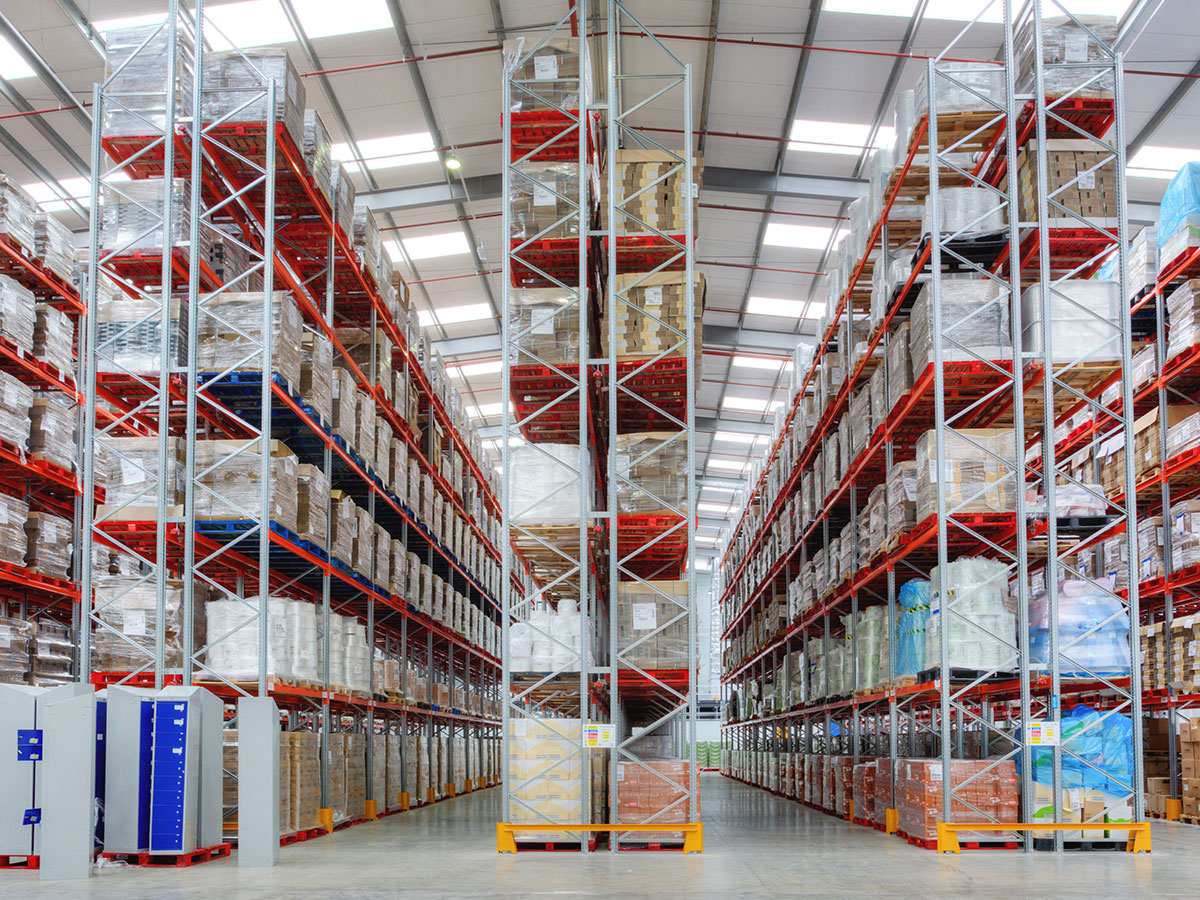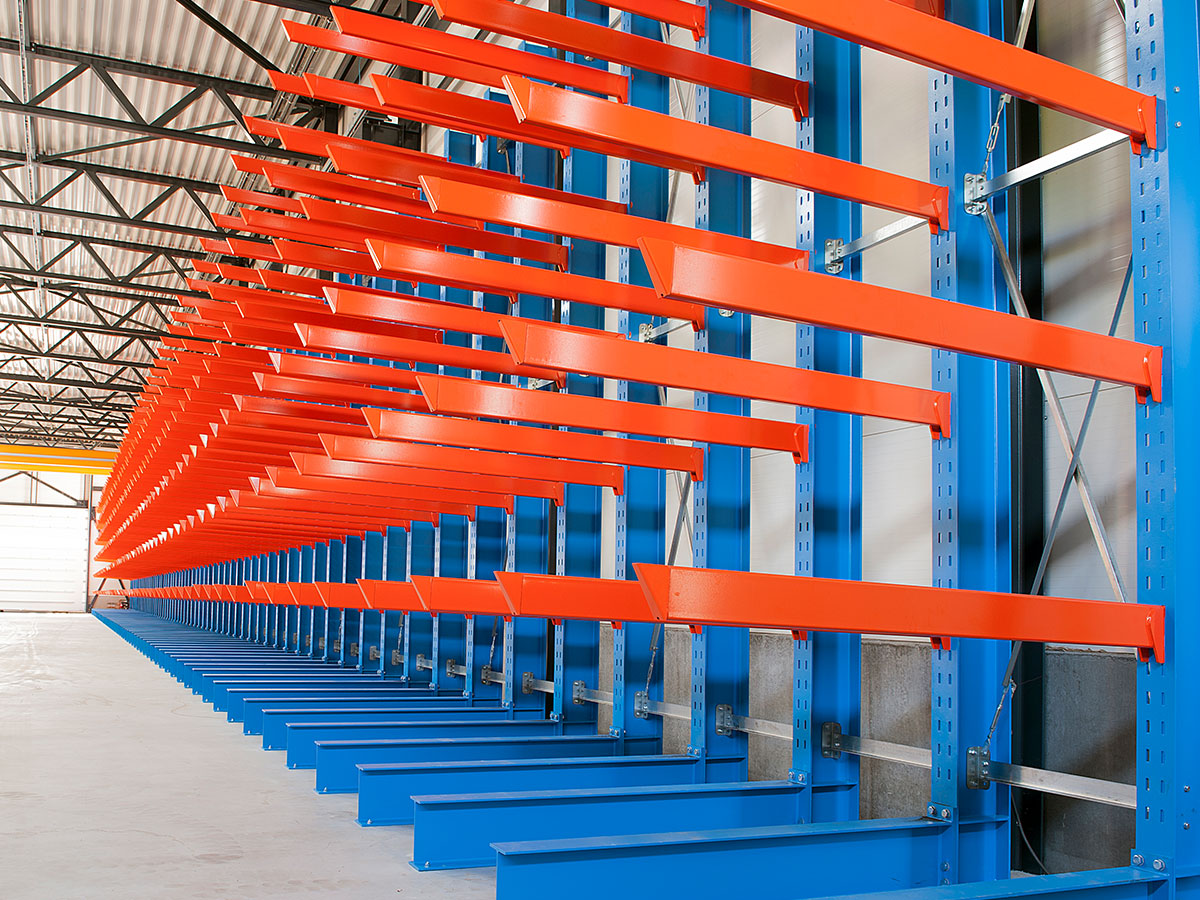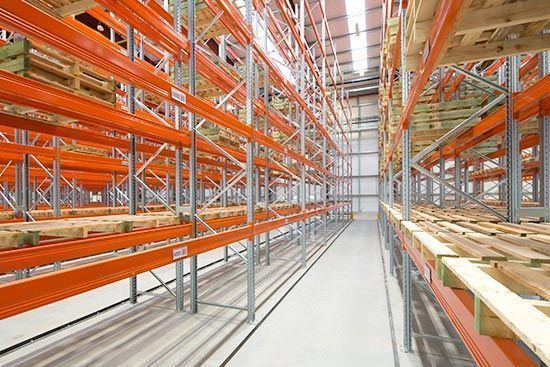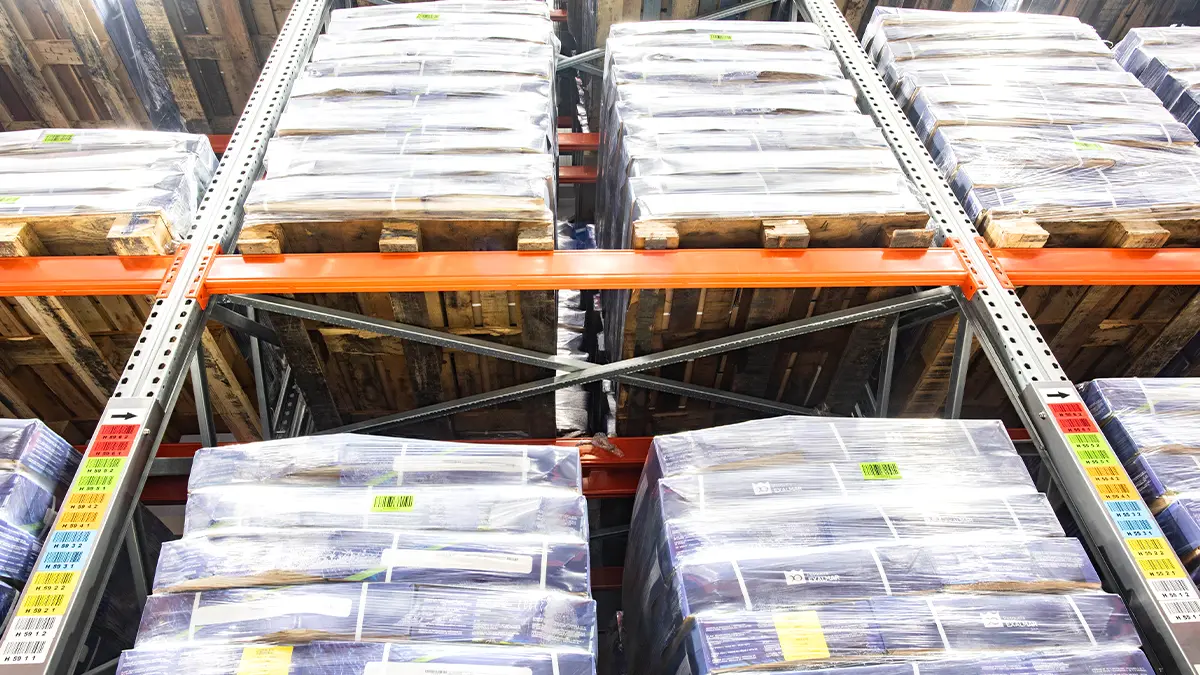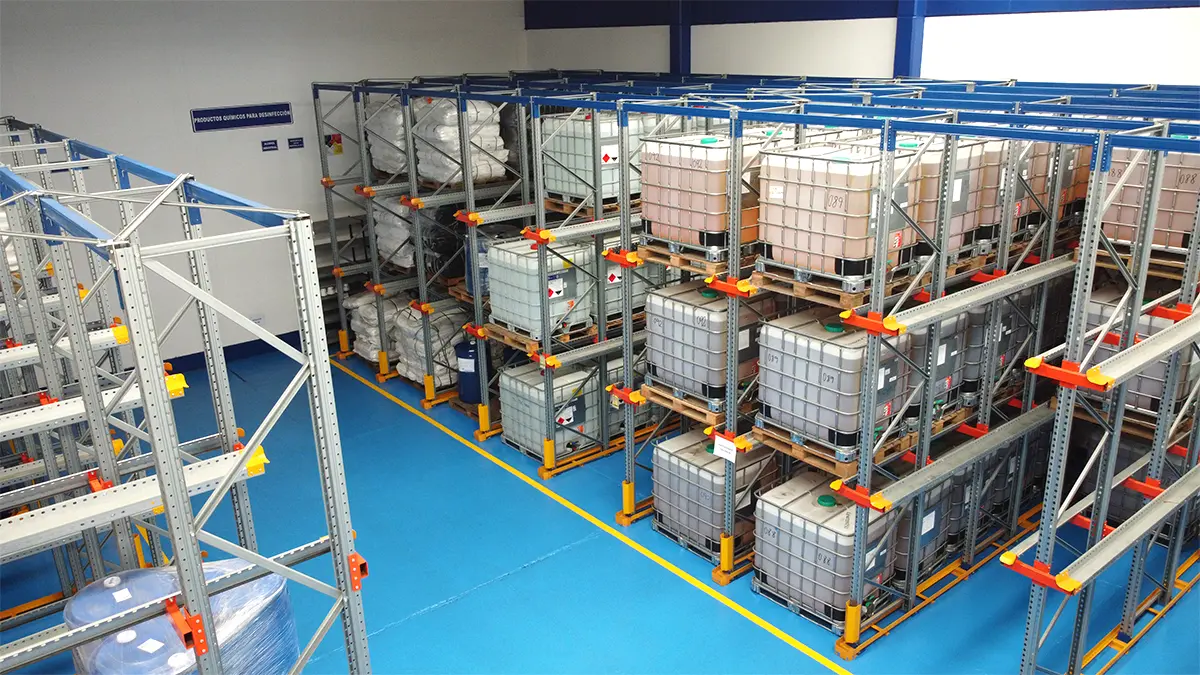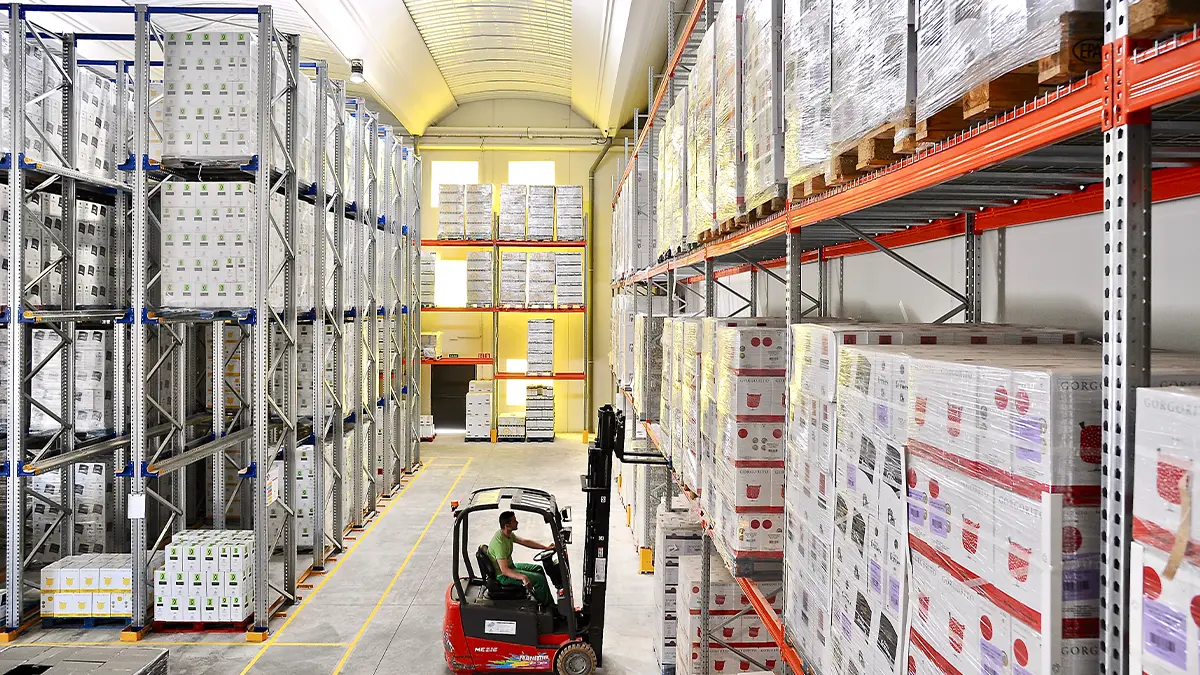Product traceability refers to the set of established procedures and methods that enable a company to know the historical production of a product, having the information on each process through which that component has passed.
In other words, this system provides a breakdown of the production history of a product from start to finish when passing through a company’s internal and external processes, producing data on the raw materials, work equipment, machinery used in its production, date, shift, batch, shipping and transport data, consumables, etc.
A traceability system provides us with all the indications that may potentially vary the product for the end customer.
This gives the customer the assurance of having an important element of standardisation in the manufacture of their end product. It also enhances safety and is a very effective business management tool.
Product traceability for industrial racking
In the specific case of the industrial storage sector, the traceability system applied to pallet racking systems consists of tracing the uprights and beams which are the basic components that make up the metal rack structures.
The traceability system that has been in operation in the AR Racking production facility since 2016 is implemented through the laser marking of a serial number on the beams and uprights during their production process.
This provides information on the entire production process through which each product component has passed and a documented record from source of each component without needing the original label from the package, and ultimately to know which component it is, its design and what raw material, paint or consumables have been used in its original manufacture.
This serial number is engraved in the final production phases without damaging the paint or galvanised steel.

Advantages of product traceability
The main advantages of the implementation of a product traceability system in pallet racking units for the end customer are:
- Greater assurance by having an innovative product standardisation system.
- Added safety
- Fewer potential errors
- Detection and quick solution of problems
To these advantages are added those obtained by the production company, which make it more efficient and undoubtedly benefit the end customer too:
- Total control of each product component: identification, origin, date, design and raw material used in its production
- More streamlined production and business management processes.
- Greater capacity to solve potential problems
Industry 4.0 philosophy
It should therefore be noted that product traceability systems are a process set within the so-called industry 4.0 philosophy, increasingly relevant in industrial sectors worldwide.
This industry 4.0 concept is linked to the new industrial revolution which involves advanced production and operation techniques integrated in organisations.
Industry 4.0 seeks to create production facilities with greater adaptability to customer demand and production processes, all of which optimising the use of resources to achieve greater automation and flexibility.




